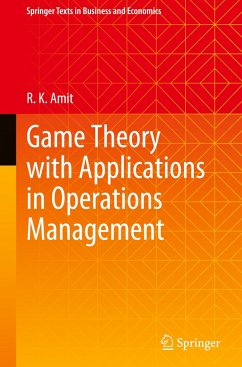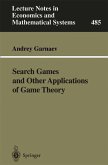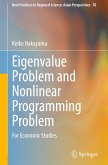This book provides a broad picture of solution concepts that are highly applicable to operations and supply chain settings and to explicate these concepts with some of the relevant problems in operations management in multi-agent settings. It discusses different strategic situations like games in normal form, games in extensive form, games of incomplete information, mechanism design, and cooperative games, to solve operations problems of supply chain coordination, capacity planning, revenue and pricing management, and other complex problems of matching supply with demand.
The recognition and adoption of game-theoretic modeling for operations and supply chain management problems in multi-agent settings have been a hallmark of operations and supply chain literature research during the last few years. Despite research in operations and supply chain management having embraced both non-cooperative and cooperative game-theoretic solution concepts, there is still an abundanceof underutilized concepts and tools in game theory that could strongly influence operations management problems. Additionally, with the increasing digitization of operations and supply chain management, the narrative of problems in these areas focuses on blockchain and smart contracts, platforms, and shared economy. The book profits from these new issues being predominantly multi-agent settings and lending themselves to game-theoretical solution concepts.
The book's intended audience is the advanced undergraduate and graduate student community of operations and supply chain management, economics, mathematics, computer science, and industrial engineering. It is also relevant for the research community and industry practitioners who use multi-agent architecture in business problems.
The recognition and adoption of game-theoretic modeling for operations and supply chain management problems in multi-agent settings have been a hallmark of operations and supply chain literature research during the last few years. Despite research in operations and supply chain management having embraced both non-cooperative and cooperative game-theoretic solution concepts, there is still an abundanceof underutilized concepts and tools in game theory that could strongly influence operations management problems. Additionally, with the increasing digitization of operations and supply chain management, the narrative of problems in these areas focuses on blockchain and smart contracts, platforms, and shared economy. The book profits from these new issues being predominantly multi-agent settings and lending themselves to game-theoretical solution concepts.
The book's intended audience is the advanced undergraduate and graduate student community of operations and supply chain management, economics, mathematics, computer science, and industrial engineering. It is also relevant for the research community and industry practitioners who use multi-agent architecture in business problems.








